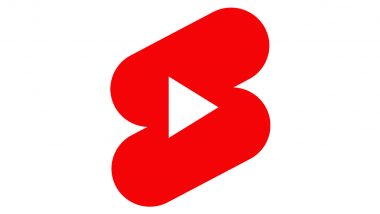
How to solve today's Wordle. Looking for Saturday’s Wordle hints, clues and answer? You can find them here: Sunday, lazy Sunday. I think I want Sunday to be lazy more than it is, in fact, a lazy day for me.
I usually do a bunch of chores and prep for game night and then often cook up a bunch of food for game night and then spend all evening playing games. Still, there is some idealistic holdout in my heart of hearts yearning for a day of nothing at all. Not even gravity.

Just floating, suspended, fetal hibernation in a galactic womb. Like sleep but without the dreams or the aches and pains in the morning. The essence of laziness, pure and warm and fuzzy.
I’ve taken this too far. Let’s do this Wordle. How To Solve Today’s Wordle The Hint: If we do this well, our children will flourish.
The Clue: This Wordle begins and ends with consonants. Okay, spoilers below! . .
. The Answer: Today's Wordle Wordle Analysis Every day I check Wordle Bot to help analyze my guessing game. You can check your Wordles with Wordle Bot right here .
I was incredibly lucky today, especially since I struggled a bit with my opening word. I started with CREA and then couldn’t think of a final letter. Well, I suppose I started with the word CREEP in my head but I didn’t want to go with two E’s, so I switched the second to ‘A’ and then couldn’t think of anything.
So from there, I swapped the ‘R’ to an ‘L’ and guessed CLEAT. I could only think of a couple words at this point, but I had no idea I’d eliminated all but 4. TRACE or TEACH were the ones I came up with and I went with TEACH—lucky me! Competitive Wordle Score A total wash.
0 points for guessing in four and 0 for tying the Bot. How To Play Competitive Wordle Today’s Wordle Etymology The word "teach" comes from Old English tæcan , meaning "to show, instruct, or warn." It derives from the Proto-Germanic taikijan , which meant "to show or point out.
" This, in turn, comes from the Proto-Indo-European root deik- meaning "to point out or show," which is also the source of words like "token" and "index." Be sure to check out my blog for my daily Wordle and Strands guides as well as all my other writing about TV shows, streaming guides, movie reviews, video game coverage and much more. Thanks for stopping by! Oh, and I’ve started a book-themed Instagram page that’s just getting off the ground if anyone wants to follow me there.
.













